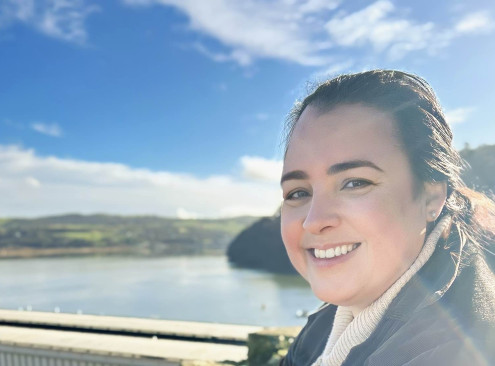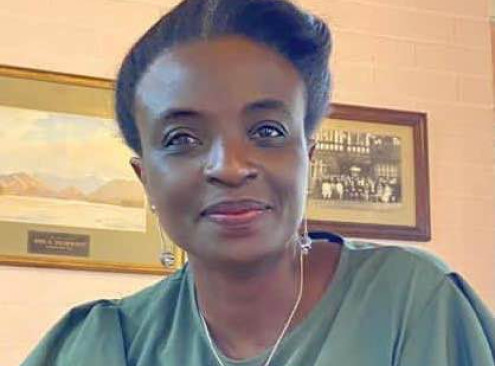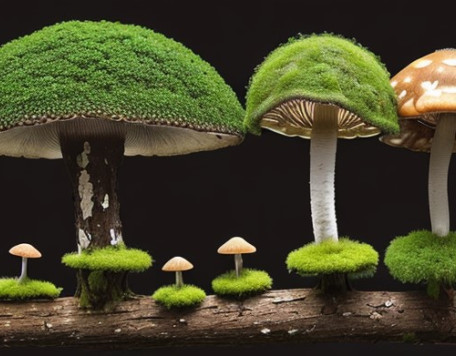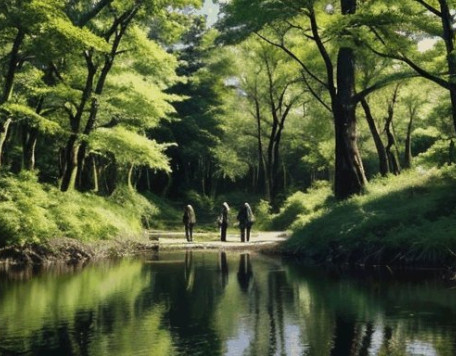© Pint of Science, 2024. All rights reserved.
How do we look after our water? And how does water look after us? In this night we will explore the ways in which watery worlds play a role in protecting our planet's climate, our health and wellbeing, and our society. Come and discover the hidden treasures of our blue planet.
Pizza will be available from 6:00 pm until 8:30 pm so come down early to grab a slice with your pint!
Pizza will be available from 6:00 pm until 8:30 pm so come down early to grab a slice with your pint!
The Value of Blue
Dr. Mariana Lima
(Lecturer in Marine Biology)
My research focuses on seagrass meadows as a critical habitat due to their role as nursery habitats for fish and invertebrates and other ecosystem services, making them a prime candidate for Nature Based Solutions (NBS). More importantly, their high carbon sequestration and storage potential, make seagrasses at the forefront of the governmental Net Zero Strategy, particularly in the case of successful restoration. Thus, my research aims to understand the impacts of environmental and climate change on seagrass ecosystem health and the value associated with preserving these habitats.

Microplastic in Urban River Food Web
Badiozaman Sulaiman
(PhD Student in Environmental Biology at the University of Manchester)
The riverbeds in many urban rivers are highly contaminated with microplastics. My PhD research at the University of Manchester investigates whether these microplastics are spreading from the bed sediments into the river food web through invertebrates and into fish. My work has shed new light on how protecting riverbeds from microplastic pollution might also protect the organisms that live on and above them. As fish are a major source of food for human consumption, reducing microplastic pollution in rivers will also limit the accumulation of microplastics in us, the end consumer.

Protecting our collective property
Dr. Cecilia Medupin
(Senior Lecturer)
Our freshwaters including our rivers, lakes and seas and what is within them are critical to our living, livelihoods and the sustenance of our planet. Available global freshwater is less than 4% constituting lakes, rivers and glaciers. However, climate change and, human impact on our freshwaters also imply that far less than 4% is available for human consumption and sanitation. While life below the water may not be known by many, this talk will aim to show this life’s diversity, describe their functions and the values they provide in nature. In order to protect these values of our freshwaters and maintain our biodiversity beneath freshwaters, responsibilities of all peoples if we are to remain on the planet for is key. We would explore these connections including the role of women, grass roots in achieving the collective protection of our freshwaters.

Map data © OpenStreetMap contributors.
Other Withington Public Hall Institute events
2024-05-15
Fabulous Fungi
Withington Public Hall Institute
2 Burton Road, Manchester, M20 3ED, United Kingdom
2024-05-14
How Can We Live in Harmony with Nature?
Withington Public Hall Institute
2 Burton Road, Manchester, M20 3ED, United Kingdom



